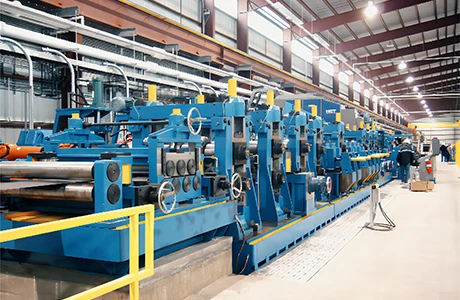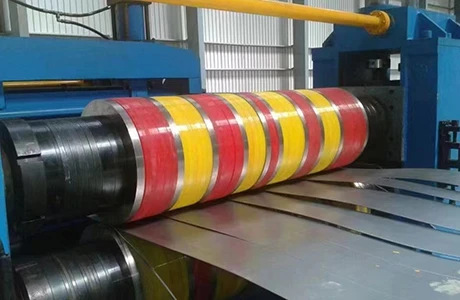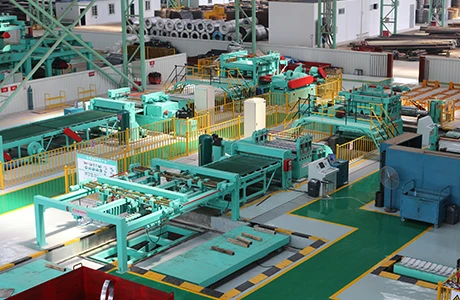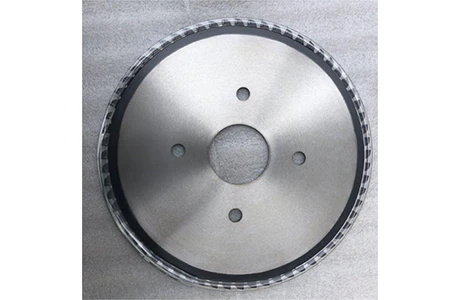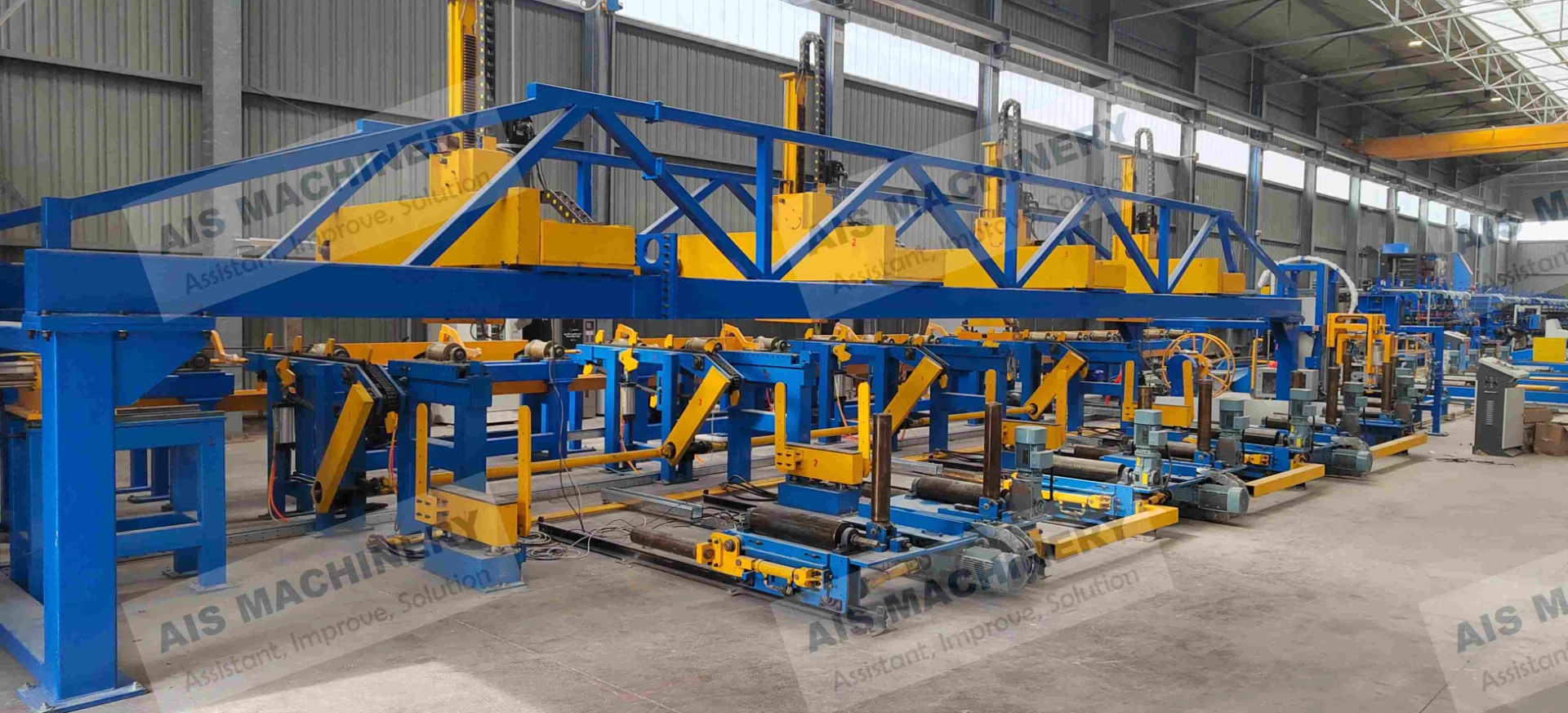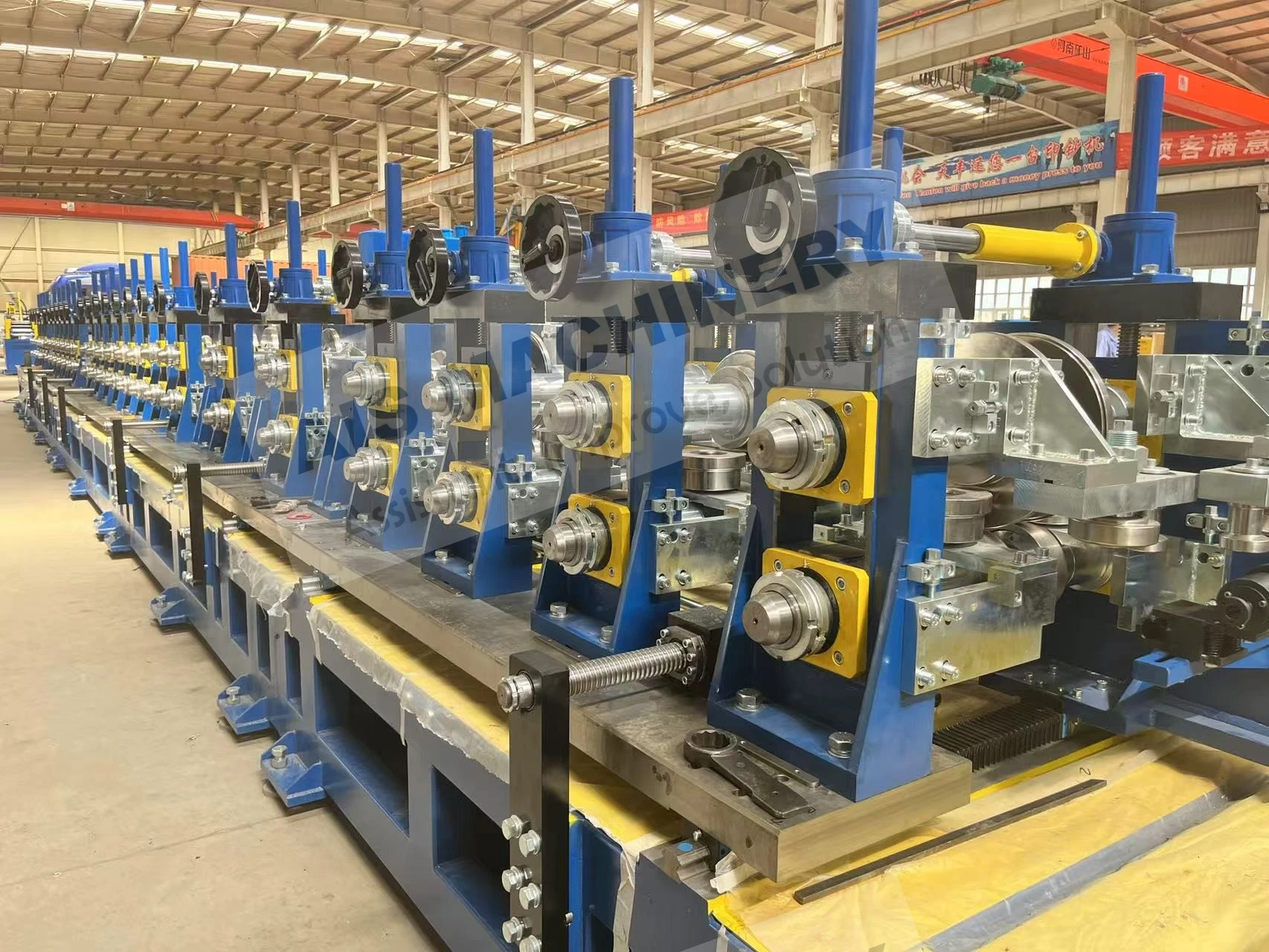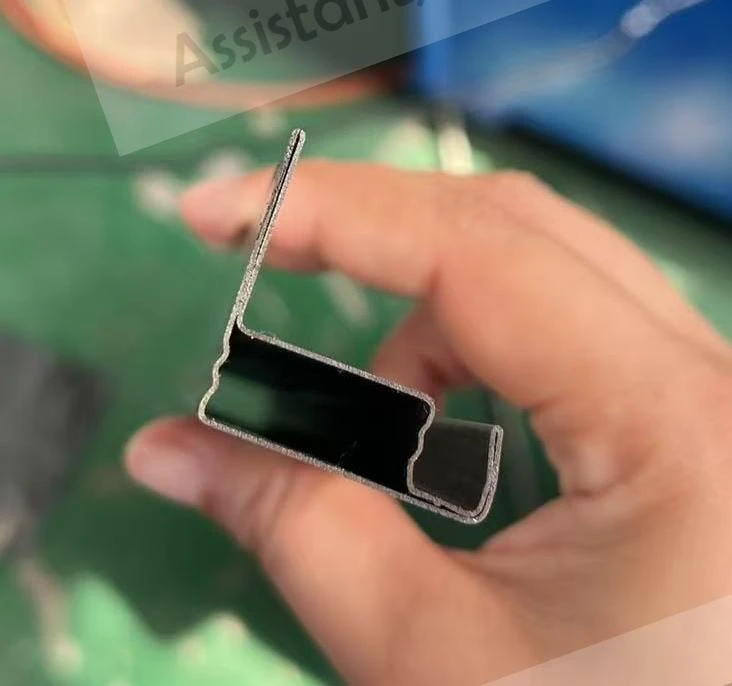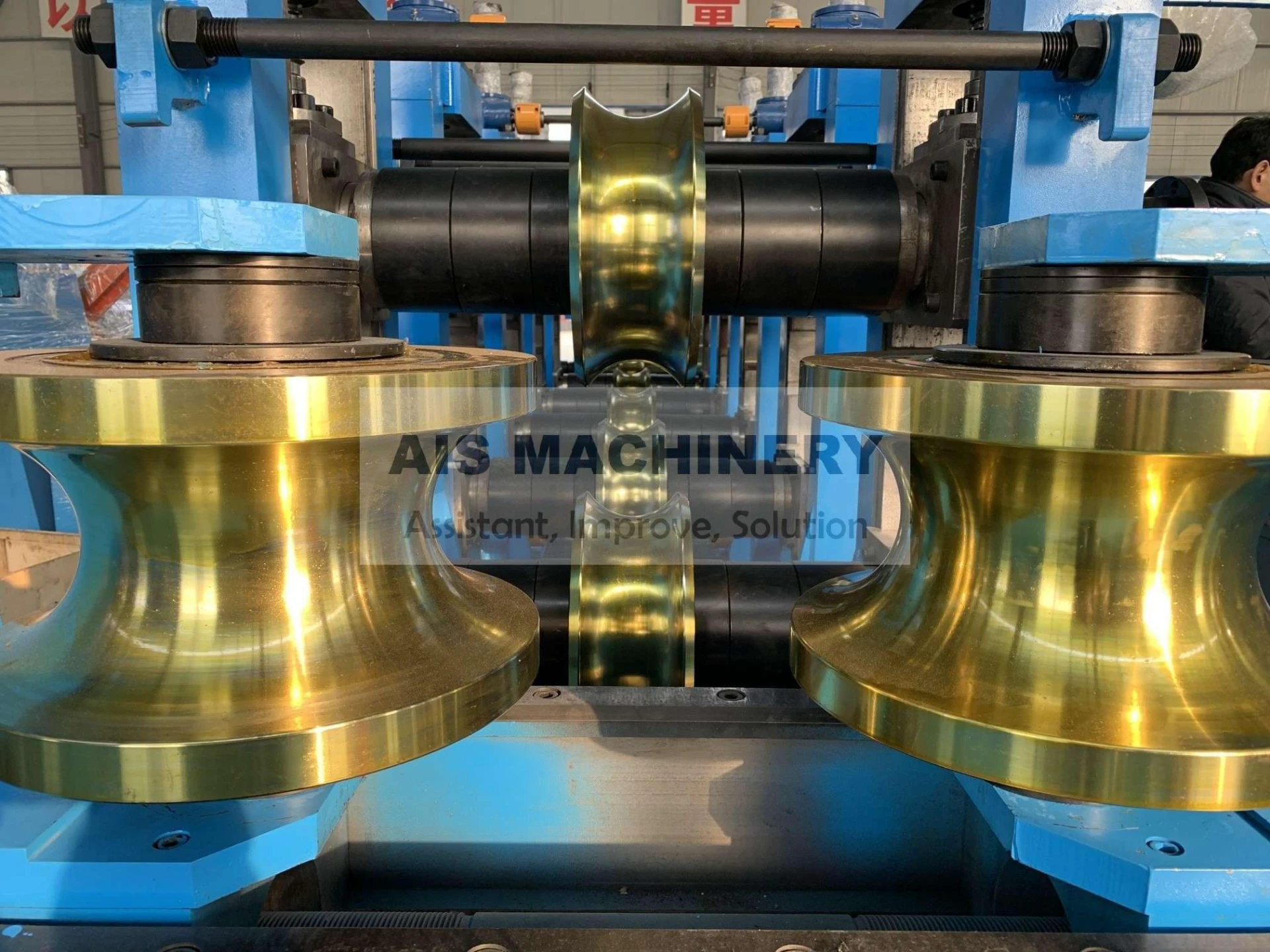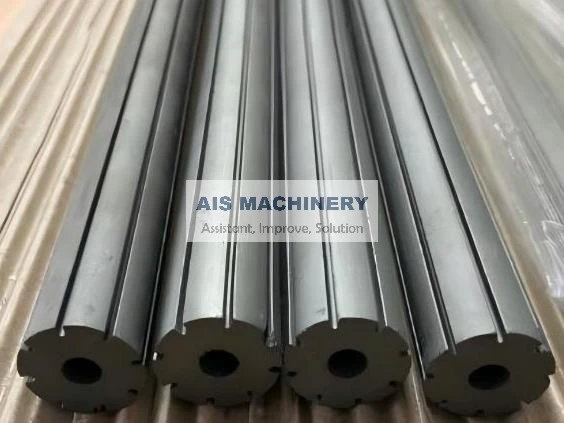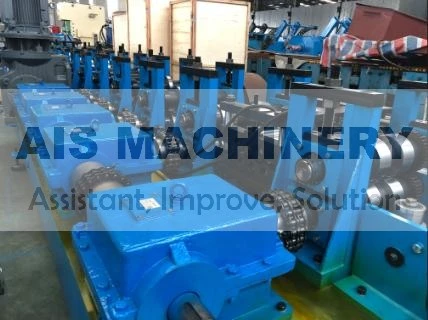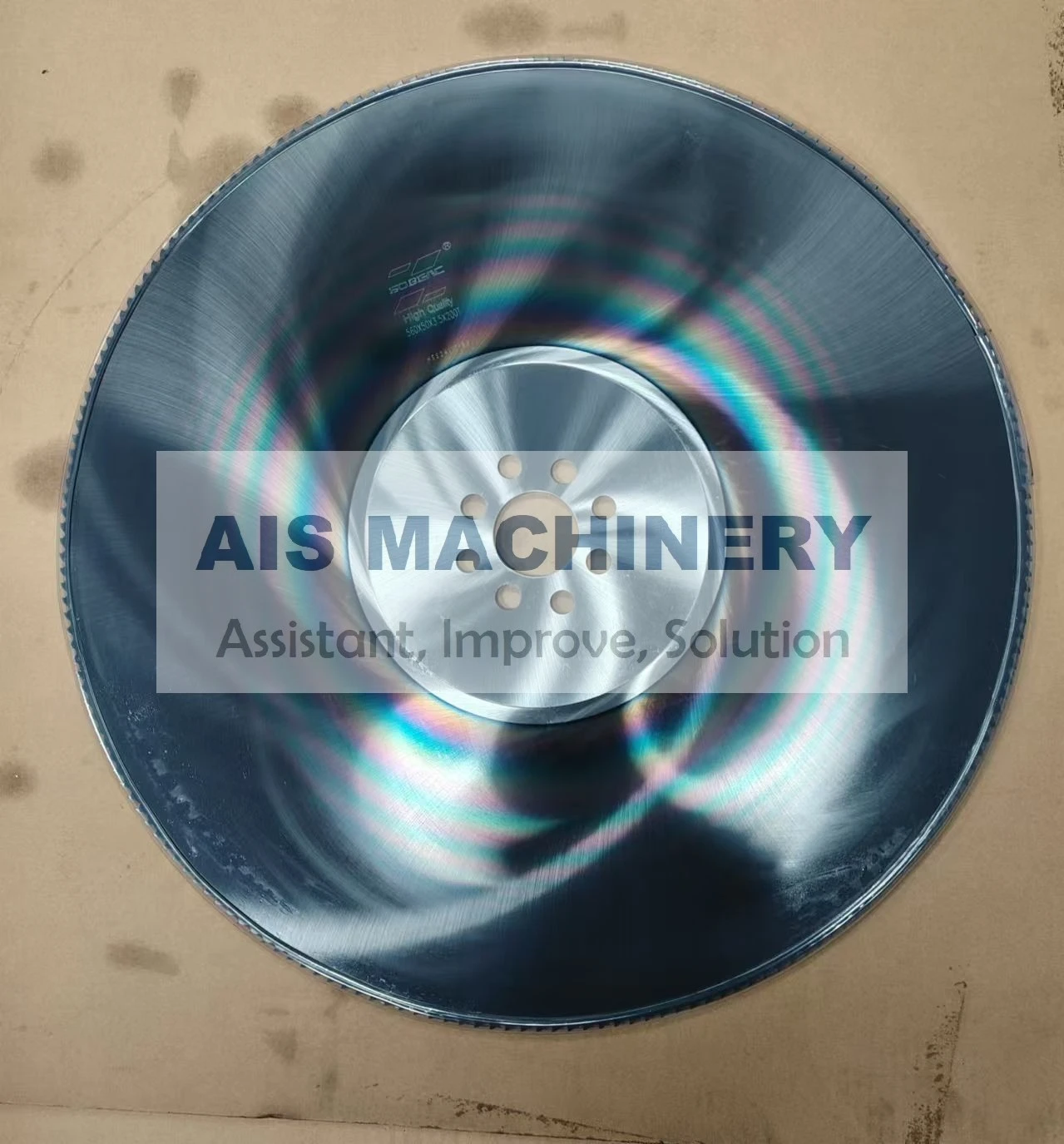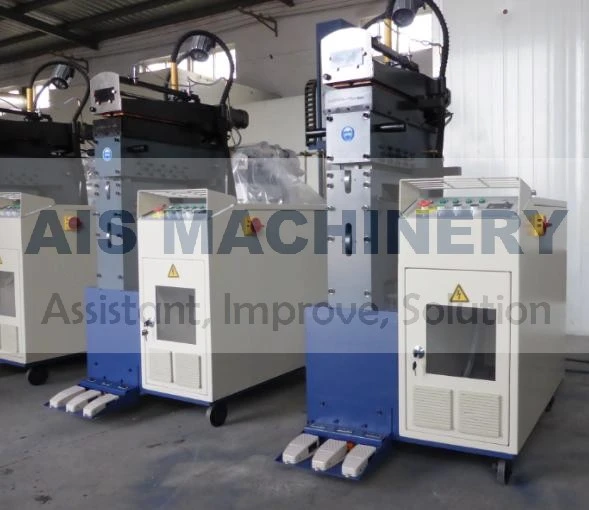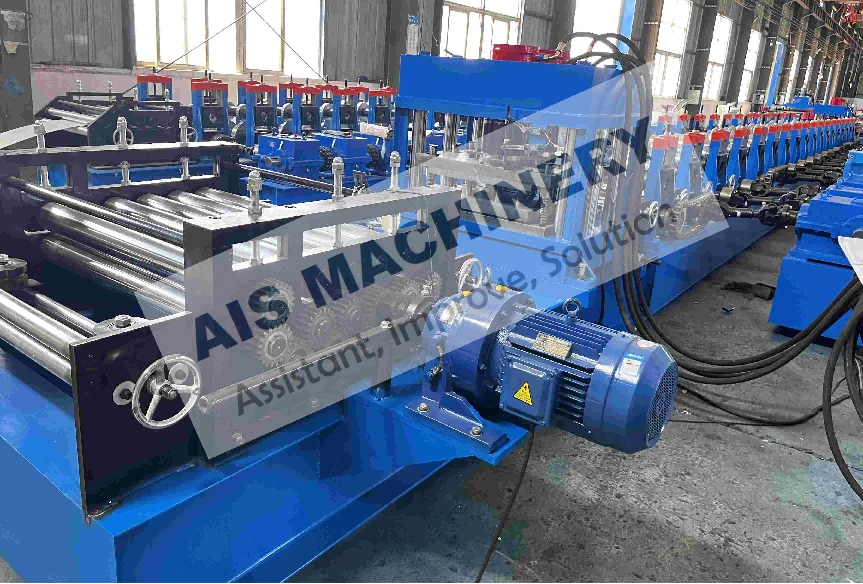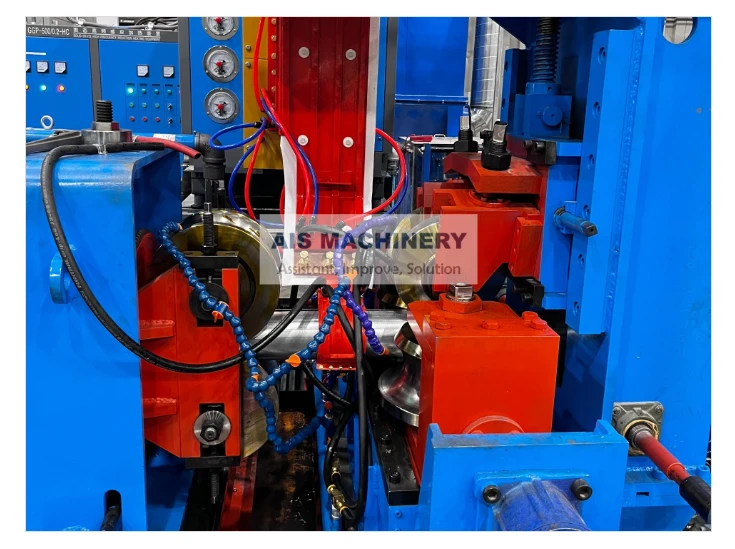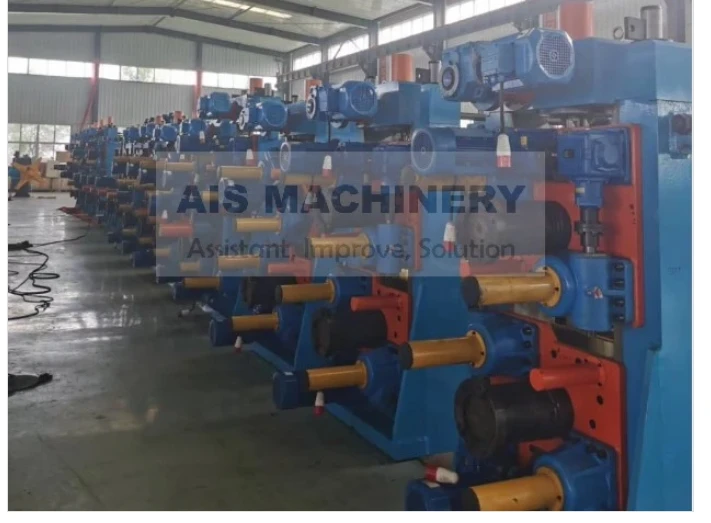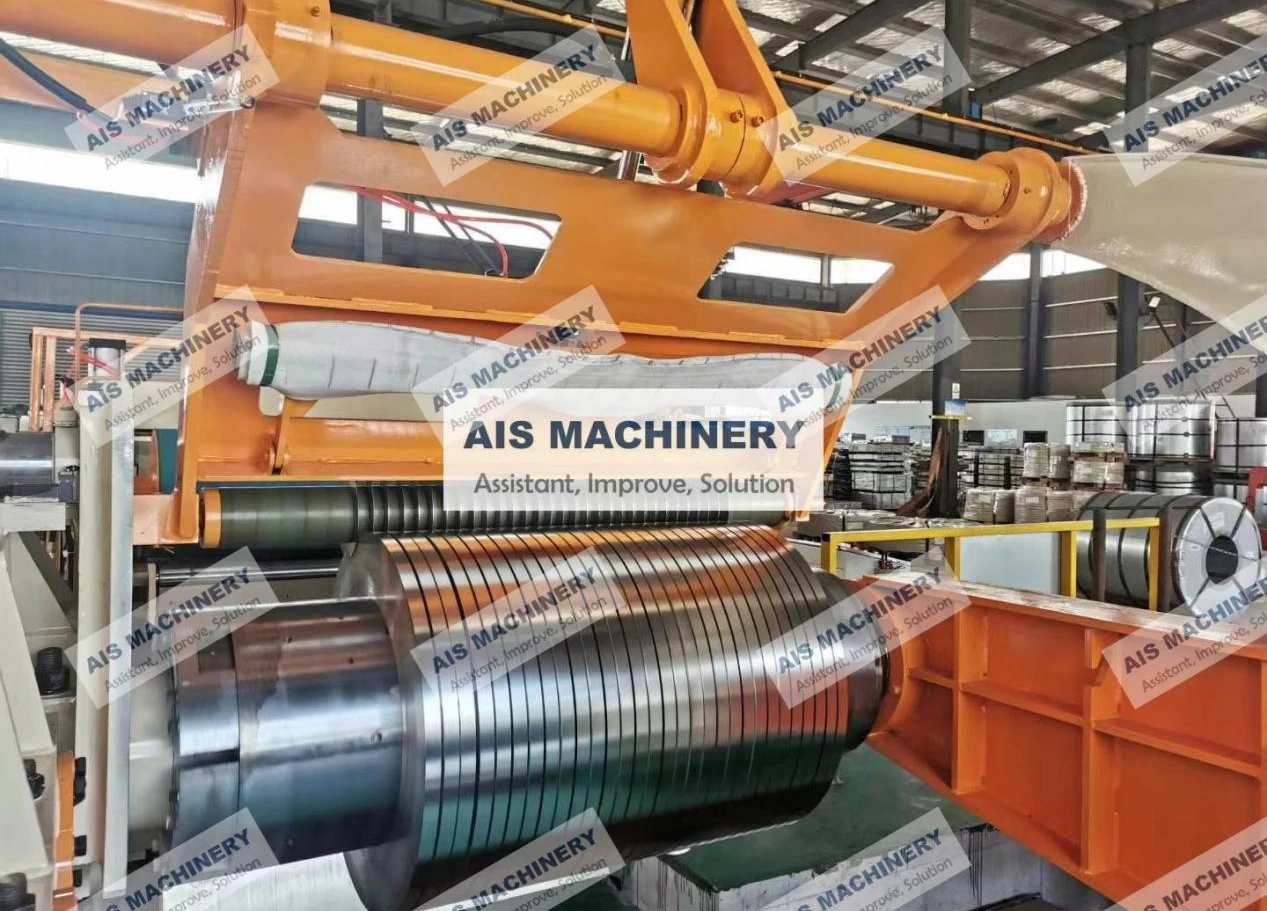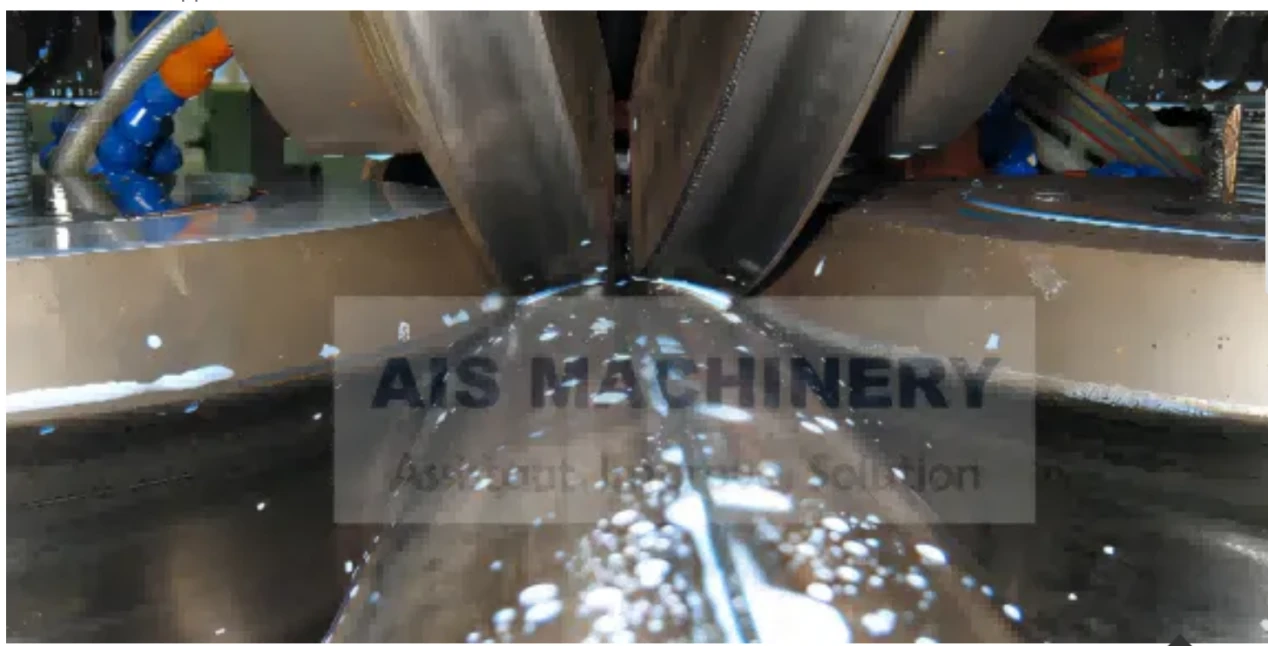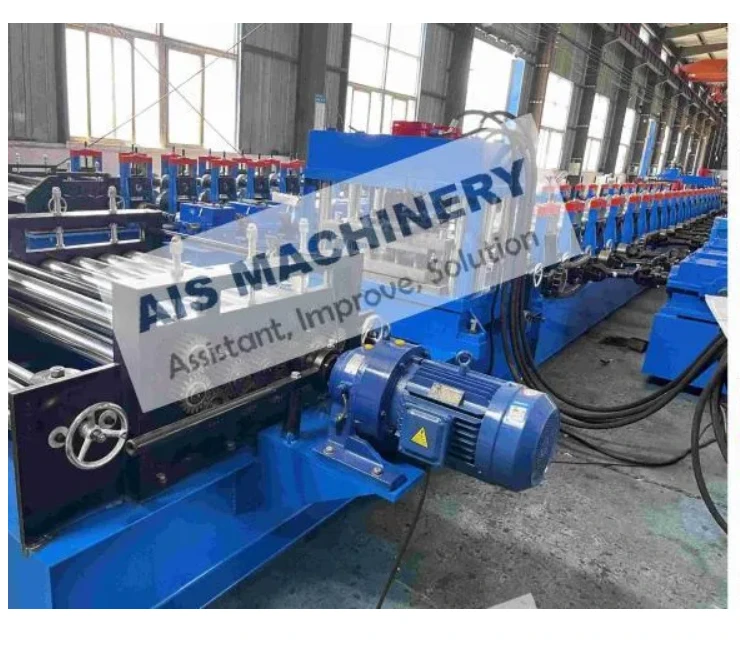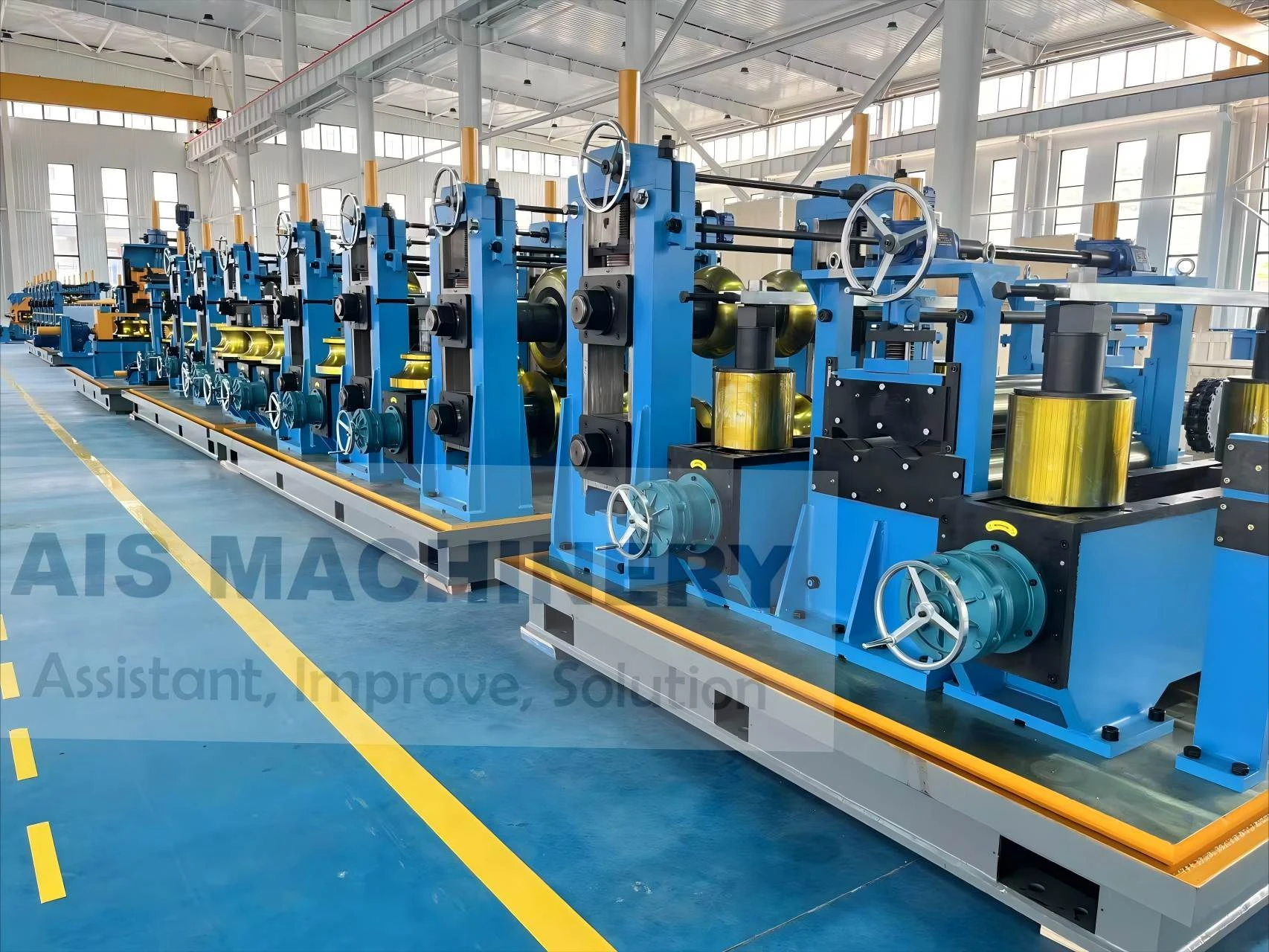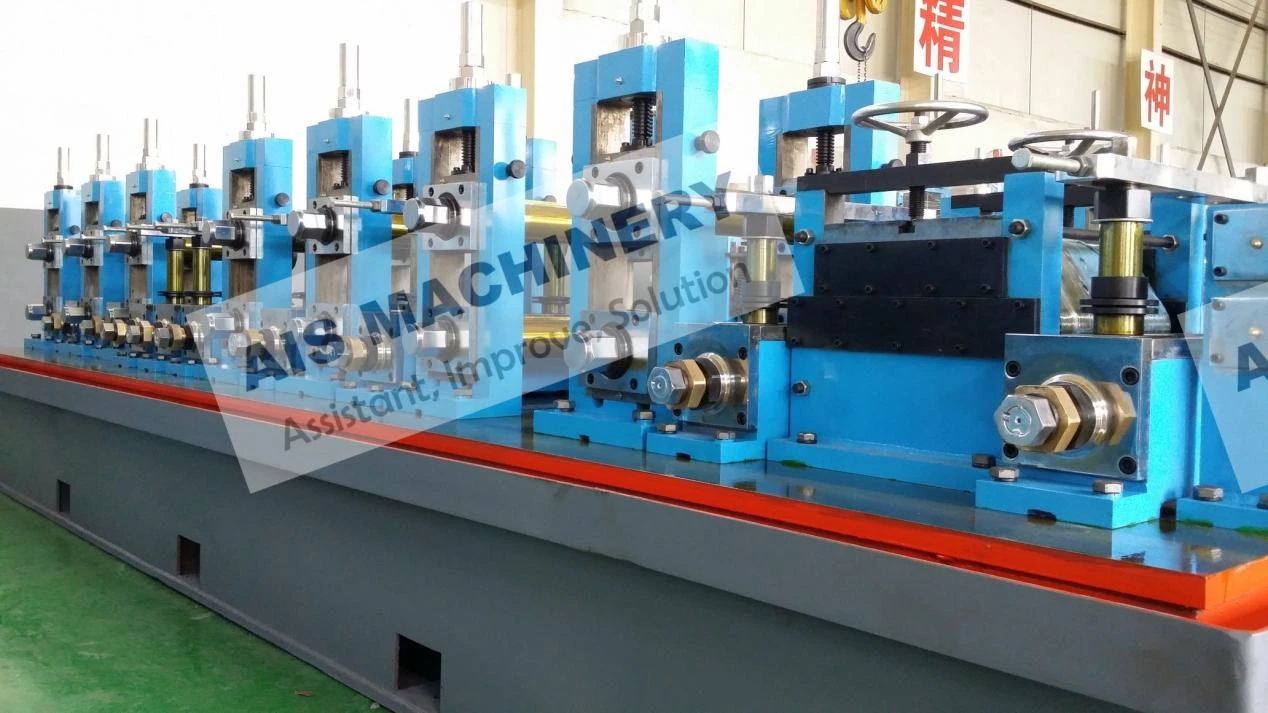-
 Tel:86-15176910262
Tel:86-15176910262
-

Search
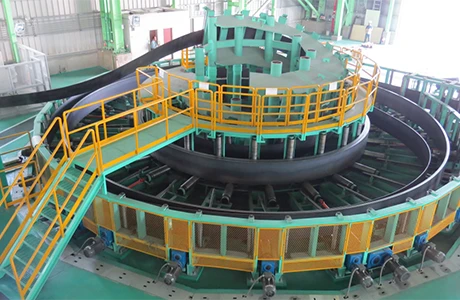
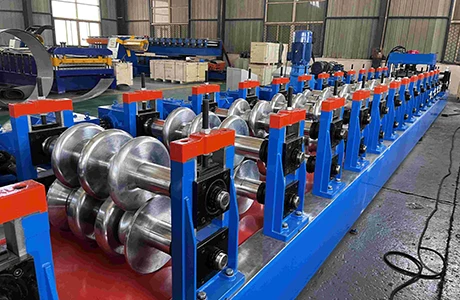
Solid State Welding Machine Material Compatibility
Jul . 28, 2025 15:10
Understanding material compatibility is foundational to maximizing the performance of solid state welding machine systems, ensuring strong, durable welds while protecting equipment integrity. As a wholesaler, guiding customers toward the right solid state welding machine—whether a solid state high frequency welder or a solid state hf welder—requires expertise in how different materials interact with these advanced welding technologies. HEBEI AIS MACHINERY EQUIPMENT CO.,LTD, a leading manufacturer of these systems, emphasizes that material compatibility directly impacts weld quality, production efficiency, and machine longevity. This guide explores the compatibility of various metals with solid state welding machine technologies, the unique considerations for solid state high frequency welder and solid state hf welder operations, and how equipment design influences material processing, empowering wholesalers to support customers in achieving optimal welding results.
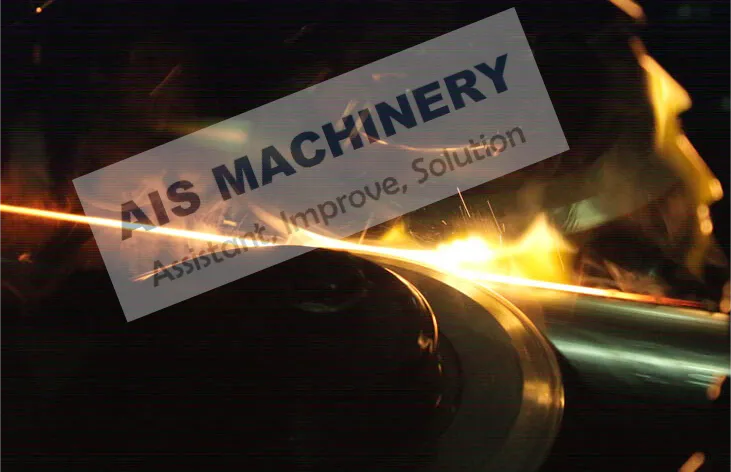
Solid State Welding Machine Material Compatibility Fundamentals
Key Material Properties for Solid State Welding
- Ductility: Materials with high ductility, such as aluminum and copper, are ideal for solid state welding machine operations, as they can deform under pressure without cracking during the weld process. HEBEI AIS MACHINERY EQUIPMENT CO.,LTD.’s solid state welding machine models are calibrated to leverage ductility, applying precise pressure (50–500 MPa) to create metallurgical bonds without melting.
- Thermal Conductivity: Materials with high thermal conductivity, like copper and its alloys, require solid state welding machinesystems with rapid heat dissipation to prevent overheating. HEBEI AIS MACHINERY EQUIPMENT CO.,LTD.’s water-cooled solid state welding machine components manage heat effectively, ensuring stable welding conditions even for highly conductive materials.
- Melting Point: While solid state welding machineoperations avoid reaching material melting points, higher melting point metals (e.g., titanium, stainless steel) require more pressure and longer weld cycles to achieve diffusion bonding. HEBEI AIS MACHINERY EQUIPMENT CO.,LTD.’s heavy-duty solid state welding machine models deliver the necessary force (up to 1000 kN) for these challenging materials.
Common Materials Processed by Solid State Welding Machines
- Aluminum Alloys: Aluminum and its alloys (e.g., 6061, 7075) are highly compatible with solid state welding machinesystems, forming strong welds without the brittleness caused by fusion welding. HEBEI AIS MACHINERY EQUIPMENT CO.,LTD.’s solid state welding machine models excel with aluminum, using frequency settings (200–400 kHz) optimized to create oxide-free weld interfaces.
- Copper and Brass: solid state welding machinesystems handle copper and brass effectively, though their high thermal conductivity requires precise energy control. HEBEI AIS MACHINERY EQUIPMENT CO.,LTD.’s solid state welding machine configurations for copper include enhanced pressure application (300–500 MPa) to ensure proper diffusion bonding.
- Stainless Steels: Austenitic stainless steels (e.g., 304, 316) are compatible with solid state welding machineoperations, maintaining corrosion resistance in the weld zone due to the absence of melting. HEBEI AIS MACHINERY EQUIPMENT CO.,LTD. recommends their mid-range solid state welding machine models for stainless steel, with adjustable dwell times to accommodate different alloy compositions.
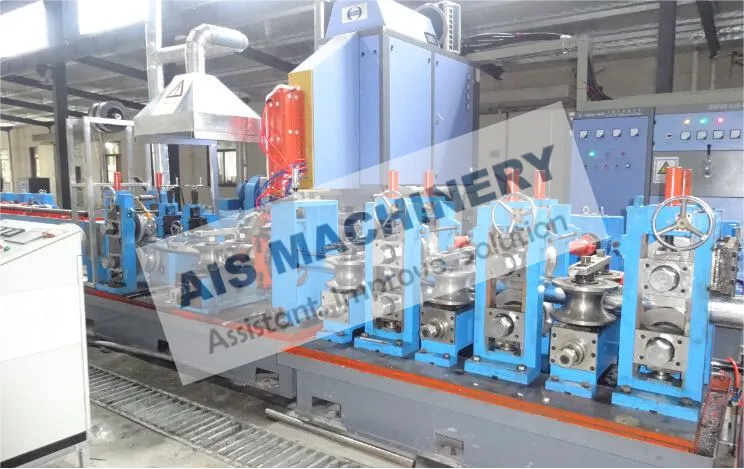
Solid State High Frequency Welder Material Compatibility
High-Frequency Energy and Material Interaction
- Electrical Conductivity Considerations: solid state high frequency weldersystems rely on electrical resistance to generate heat at the weld interface, making material conductivity a key compatibility factor. Materials with high conductivity (e.g., copper) require higher frequencies (400–600 kHz) in solid state high frequency welder operations to concentrate heat effectively. HEBEI AIS MACHINERY EQUIPMENT CO.,LTD.’s solid state high frequency welder models feature adjustable frequency controls, ensuring optimal energy delivery for both high and low conductivity materials.
- Material Thickness Limits: solid state high frequency weldersystems perform best with material thicknesses between 0.3mm and 10mm. Thicker materials require longer weld cycles and higher pressure to achieve full bonding. HEBEI AIS MACHINERY EQUIPMENT CO.,LTD.’s heavy-duty solid state high frequency welder can handle thicknesses up to 15mm by using extended dwell times and reinforced clamping mechanisms.
- Dissimilar Material Welding: solid state high frequency weldertechnology enables welding of dissimilar materials, such as aluminum to copper, by controlling heat input to match each material’s properties. HEBEI AIS MACHINERY EQUIPMENT CO.,LTD.’s solid state high frequency welder systems include programmable energy profiles that adjust frequency and pressure for each material in the pair, ensuring balanced heating and strong bonds.
Weld Zone Microstructure Compatibility
- Grain Structure Preservation: solid state high frequency welderoperations preserve the base material’s grain structure, making them compatible with heat-sensitive alloys like precipitation-hardened aluminum. HEBEI AIS MACHINERY EQUIPMENT CO.,LTD.’s solid state high frequency welder systems use precise energy control to avoid grain growth, maintaining the material’s mechanical properties in the weld zone.
- Oxide Layer Management: Materials with stable oxide layers (e.g., aluminum, titanium) require solid state high frequency weldersystems that can break up these layers during welding. HEBEI AIS MACHINERY EQUIPMENT CO.,LTD. incorporates ultrasonic vibration features in their solid state high frequency welder models, which disrupt oxide layers to ensure direct metal-to-metal contact and strong welds.
Solid State Hf Welder Material-Specific Welding Parameters
Ferrous Metals Compatibility
- Carbon Steel Welding: solid state hf weldersystems excel with low-carbon steels (0.05–0.30% carbon), producing welds with tensile strengths matching the base material. HEBEI AIS MACHINERY EQUIPMENT CO.,LTD.’s solid state hf welder models use 200–300 kHz frequencies for carbon steel, with pressure settings of 150–250 MPa depending on thickness. These parameters ensure complete diffusion without excessive heat input.
- Alloy Steel Considerations: High-alloy steels require precise parameter control in solid state hf welderoperations to avoid carbide precipitation. HEBEI AIS MACHINERY EQUIPMENT CO.,LTD. recommends lower frequencies (100–200 kHz) and higher pressure (250–350 MPa) for their solid state hf welder systems when welding chromium-molybdenum or nickel-based alloys, preserving the material’s corrosion resistance and strength.
Non-Ferrous Metals Compatibility
- Aluminum Alloys: solid state hf weldersystems are highly compatible with aluminum alloys, including 6061, 7075, and 5052. HEBEI AIS MACHINERY EQUIPMENT CO.,LTD.’s solid state hf welder models use 300–400 kHz frequencies and 100–200 MPa pressure for aluminum, ensuring strong welds without the hot cracking issues common in fusion welding.
- Titanium and Titanium Alloys: Titanium’s reactivity at high temperatures makes solid state hf weldertechnology ideal, as it avoids melting and oxidation. HEBEI AIS MACHINERY EQUIPMENT CO.,LTD.’s solid state hf welder systems for titanium use inert gas shielding and 150–250 kHz frequencies, producing welds with 90%+ of the base material’s strength.
Table: Material Compatibility Parameters for Solid State Welders
|
Material Type |
solid state welding machine Frequency (kHz) |
Pressure (MPa) |
Thickness Range (mm) |
HEBEI AIS MACHINERY EQUIPMENT CO.,LTD. Model |
|
Low-Carbon Steel |
200–300 |
150–250 |
0.5–8 |
AM-SSW-300 |
|
Aluminum Alloy 6061 |
300–400 |
100–200 |
0.3–6 |
AM-SSHF-400 |
|
Copper |
400–600 |
250–400 |
0.5–5 |
AM-SSHF-600 |
|
Titanium Grade 2 |
150–250 |
200–300 |
0.5–4 |
AM-SSW-250T |
|
Stainless Steel 304 |
200–300 |
200–300 |
0.5–10 |
AM-SSHF-300S |
Solid State Welding Machine FAQS
Can a solid state welding machine weld dissimilar metals like aluminum and steel?
Yes, a solid state welding machine can effectively weld dissimilar metals like aluminum and steel by using precise energy control to manage their different thermal properties. HEBEI AIS MACHINERY EQUIPMENT CO.,LTD.’s solid state welding machine models feature programmable dual-zone heating, applying different frequencies and pressures to each material to ensure balanced diffusion. This avoids the formation of brittle intermetallic compounds common in fusion welding, resulting in strong, durable bonds between aluminum and steel.
What makes a solid state high frequency welder compatible with heat-sensitive materials?
A solid state high frequency welder is compatible with heat-sensitive materials because it generates heat through electrical resistance at the interface without melting the base material, preserving their microstructure. This avoids thermal damage to alloys like precipitation-hardened aluminum or titanium, which lose strength when overheated. HEBEI AIS MACHINERY EQUIPMENT CO.,LTD.’s solid state high frequency welder systems use rapid, localized heating (typically 1–3 seconds) that limits heat affected zones (HAZ) to less than 0.5mm, maintaining the material’s original properties.
How does material thickness affect compatibility with a solid state hf welder?
Material thickness directly affects compatibility with a solid state hf welder, as thicker materials require more energy and pressure to achieve full diffusion bonding. solid state hf welder systems work best with 0.3–10mm thicknesses; beyond 10mm, weld quality may decline without equipment modifications. HEBEI AIS MACHINERY EQUIPMENT CO.,LTD.’s heavy-duty solid state hf welder models address this with extended dwell times (up to 10 seconds) and reinforced clamping, enabling compatibility with thicknesses up to 15mm for select materials like carbon steel.
Are oxide layers on metals a problem for solid state welding machine compatibility?
Oxide layers can hinder solid state welding machine compatibility, as they prevent direct metal-to-metal contact needed for diffusion bonding. However, modern solid state welding machine systems, including those from HEBEI AIS MACHINERY EQUIPMENT CO.,LTD., incorporate features to overcome this—such as ultrasonic vibration or high-pressure clamping that breaks up oxide layers. For materials with particularly stable oxides (e.g., aluminum oxide), pre-weld surface preparation (mechanical cleaning) combined with these machine features ensures effective weld formation.
What maintenance is needed to preserve material compatibility in a solid state high frequency welder?
To preserve material compatibility in a solid state high frequency welder, regular maintenance of clamping surfaces and electrode contacts is essential—clean, flat surfaces ensure uniform pressure distribution and energy transfer, critical for consistent welds across materials. HEBEI AIS MACHINERY EQUIPMENT CO.,LTD. recommends weekly cleaning of these components with abrasive pads to remove material buildup. Additionally, calibrating energy output monthly ensures the solid state high frequency welder delivers the precise frequencies needed for different materials, maintaining compatibility across production runs.
Material compatibility is a cornerstone of effective solid state welding machine operations, influencing weld quality, production efficiency, and equipment performance. Whether customers require a versatile solid state welding machine for diverse materials, a solid state high frequency welder for heat-sensitive alloys, or a solid state hf welder optimized for specific thickness ranges, understanding how materials interact with these systems is key to selecting the right equipment. HEBEI AIS MACHINERY EQUIPMENT CO.,LTD.’s engineered solutions—with their adjustable parameters, specialized features for dissimilar materials, and precise energy control—empower manufacturers to achieve consistent, high-strength welds across a wide range of metals. As a wholesaler, emphasizing these compatibility features helps customers maximize their investment, ensuring their welding operations are both versatile and reliable for years to come.
Related Products
Related News
Send a Message
Dear customer, thank you for your attention! We provide high-quality machinery and equipment and look forward to your orders. Please inform us of your needs and we will respond quickly!

